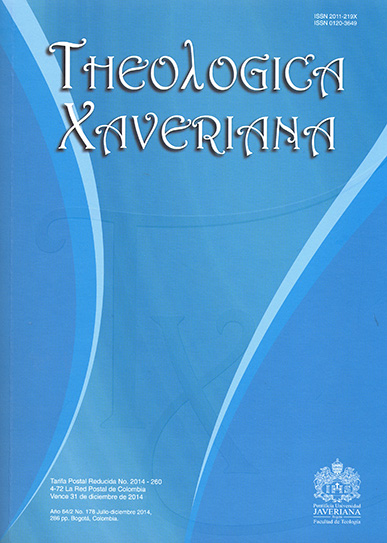Abstract
The narration of 2Sam 20 shows Joab destroying the last military rivals of David, who consolidates himself as the absolute King of Judah-Israel, while keeping his innocent image with respect to Joab’s actions. The composition of this chapter builds a “narrative cover-up” of the violent and calculating figure of David behind Joab’s belligerent and brutal figure. This article intends to reveal the shades that balance these two characters and allow viewing the political-military role-playing games between them with respect
to the people of Judah and Israel. In order to clarify such cover-up, 2Sam 20 shall be analyzed, as well as its structure, its plot, and the different characters that outline the story. The task is hard, since the composition of the chapter is excellent and its arrangement is well balanced.
This journal is registered under a Creative Commons Attribution 4.0 International Public License. Thus, this work may be reproduced, distributed, and publicly shared in digital format, as long as the names of the authors and Pontificia Universidad Javeriana are acknowledged. Others are allowed to quote, adapt, transform, auto-archive, republish, and create based on this material, for any purpose (even commercial ones), provided the authorship is duly acknowledged, a link to the original work is provided, and it is specified if changes have been made. Pontificia Universidad Javeriana does not hold the rights of published works and the authors are solely responsible for the contents of their works; they keep the moral, intellectual, privacy, and publicity rights.
Approving the intervention of the work (review, copy-editing, translation, layout) and the following outreach, are granted through an use license and not through an assignment of rights. This means the journal and Pontificia Universidad Javeriana cannot be held responsible for any ethical malpractice by the authors. As a consequence of the protection granted by the use license, the journal is not required to publish recantations or modify information already published, unless the errata stems from the editorial management process. Publishing contents in this journal does not generate royalties for contributors.


